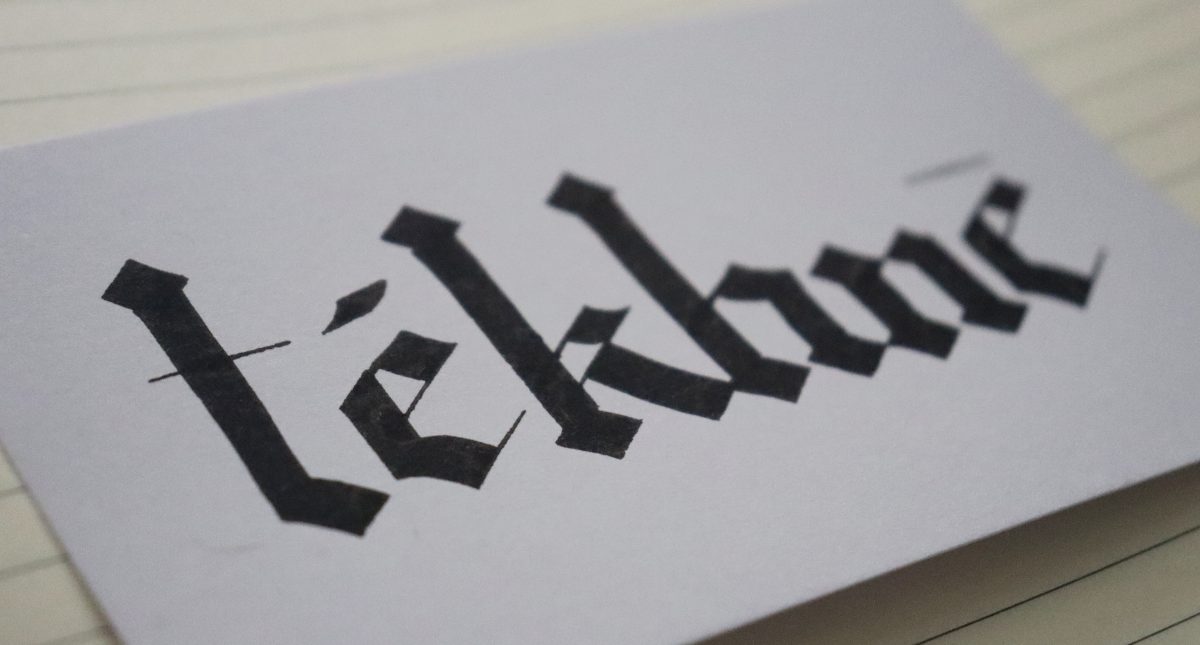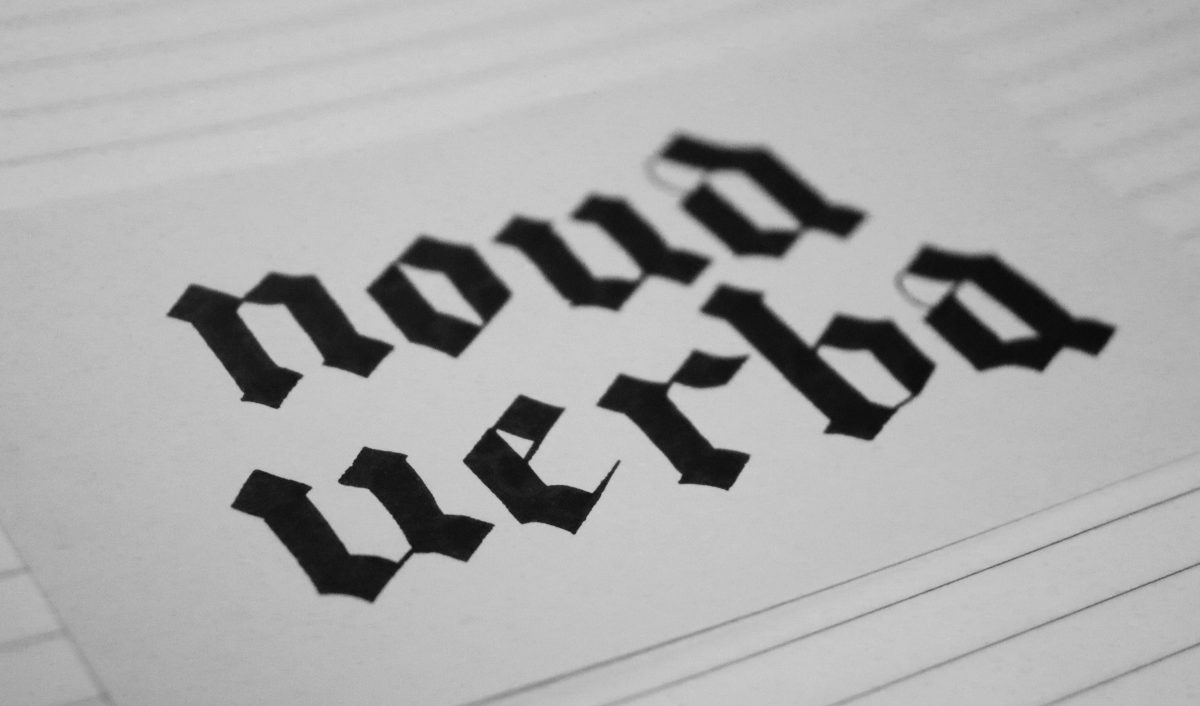I’ve been wanting to write this post for at least the last six months, so the jury’s been in for quite a while.
When Elon Musk bought Twitter, I was sceptical. I heard tales that he was compelling the remaining staff there to work extremely long days – introducing an extremely brutal culture. I don’t know how true this information was, and I don’t know how true it is now – maybe Musk has taken his foot off the pedal a bit – but I am very against this kind of culture at technology companies, and didn’t want to use a platform that was built by it. I had no intention of deleting my account – that makes it possible for someone else to take your username and impersonate you – I was just going to leave it there and not tweet very much.
Conversely, when Threads was created I was very optimistic. Being an author, I am naturally more inclined to social media platforms that are word-based, rather than those that are image-based, like Instagram, or video-based, like YouTube, and I hoped that Threads could be all of the things that Twitter hadn’t been over the years.
It is almost two years since Threads was released, and the jury is in. Threads is absolutely shit, while Twitter has become possibly the best social media platform on the internet.
Even within the first few days of Threads being released, I could see that those people who were famous, or who already had large followings elsewhere, were able to get much further ahead on the site than anyone else, replicating and reinforcing the kind of celebrity-non-celebrity class structure that existed on Twitter prior to Musk buying it. What’s the point of starting a new social media site if you’re just going to do that again?
But that was far from the worst of it. One of the worst things about Threads is that it appears to be filled with absolutely insufferable cunts. Sometimes I will post something incredibly mild – almost banal – and I will get random people from across Threads – people I don’t know, people I’ve never interacted with, people I don’t even have common interests with – going on a crusade against it. And the most obnoxious instances of these are when they decide to ‘quote’ (or whatever it’s called on Threads) the post, complaining about it, rather than saying anything directly in response – as though to say ‘Look!!! See this disGUSTing thing this person has said!!! What a disGUSTing person!!!!!’.
It’s difficult to decide which aspect of this is most obnoxious. When I see a post online that I disagree with, if it’s by someone I don’t know or someone who isn’t generally well-known, I just ignore it and move on. It’s the refrain that sane people have been saying since the start of the internet: ‘You can always just not watch it / not read it.’. Why is Threads filled with people without this ability? But just as obnoxious is that it is an insane way to interact with someone you don’t know and have never interacted with before. You would never do this in real life.
Related to this is that Threads seems to be filled with people who are surprised that they will be blocked if they are cunts. If someone is acting high-and-mighty, and rather cancel-y, over a very mild post, I will block them. And yet endlessly these people say ‘uGH!!! I can’t beLIEVE that OP blocked me?!?!?! i GuEsS tHaT sHoWs ThAt He DoEsN’t ReAlLy HaVe An ArGuMeNt!!!1’ – no, it’s because you’re being a cunt – and you’re still being a cunt by discounting the possibility that your very obviously cunty behaviour might make people think that you’re a cunt.
But possibly even more annoying about Threads is that the algorithm has a very obvious left-wing bias. I mean it’s more than that – it’s a woke bias. If you post woke shit on Threads, you will do well; if you post anti-woke stuff, you will not do well. You can see how many views a post gets on Threads, and I can tell, before posting something, whether the algorithm will like it and boost it, and how high that view count will be. Oh, you used a swear word? Demote. Oh, you referred to something from traditional culture? Demote. Oh, you talked about how you didn’t like something? Disliking things is hatred, and we don’t allow hatred in our hugbox. Demote. Oh, you suggested that there’s a right and a wrong way to do something? That makes people feeeEeEel bad. Demote. Meanwhile it will push the sloppiest slop from content farms in Vietnam to millions of people.
Twitter, on the other hand, has gone from strength to strength. There is endless self-congratulatory consternation from mainstream media types and Leftists these days about how Twitter is ‘oooooh it’s … it’s a very dark place now … it’s … there’s … there’s a lot of “””hateful””” stuff on there’. Quite frankly anyone who says this has either become so used to their mind being numbed by the fluffy, microfibre cushions of moderation that exist on other sites, or they don’t use Twitter.
Are there some awful people and awful opinions on Twitter? Yeah. D’you know what you do about it? You just ignore it. You keep scrolling. You don’t, in fact, have to absorb every opinion you see. If you think otherwise, that suggests that you are lacking in a vital cognitive ability – and your lack of ability to form your own thoughts is not a justification to limit what the rest of us can do.
Twitter is the Wild West. You’ll find crazy people there, idiots, and some people who are just downright evil. But guess what? You find all of that on Threads too, but it’ll only be the crazy, idiotic, and evil from the political left. What you’ll also find on Twitter is some of the greatest insight and in-depth discussion you’ll find almost anywhere on the internet. You won’t find that on Threads, or Instagram, or Facebook, or Reddit, or BlueSky, or in YouTube comments – all of which are heavily policed by wokescolds and whingelords – be they biological or electronic ones.
You can tweet on Twitter knowing that it won’t receive more or less attention just because it has the ‘wrong’ ideological bias. You can see the analytics for a tweet on Twitter too – and Twitter shows you far more than Threads does – and you can easily see that the algorithm does not wildly vary how much attention it gives a tweet based on whether some super-Sharon thinks it has the right ‘tone’.
I was sceptical about the change to ‘verification’ on Twitter – making it so that anyone could buy it. But actually this change has been brilliant. The old system – where verification was for journalists, celebrities, and politicians – created a class structure on the site. If you were in the ‘verified’ class, you could actually use Twitter to promote things. If you were in the ‘unverified’ class, you were just the audience – you would never have any reach or say or influence – you were there simply to applaud and cheer on the exalted few. The new system is actually far more meritocratic.
I have also been impressed by how Twitter now will pay you to tweet, if you have a premium account. It was absurd that, for so long, Twitter and so many sites like it would make money off of your content without paying you. We do not accept this from YouTube, so why do we accept this from other social media sites?
Twitter is actually enjoyable to use. Threads is not. Threads is suffocating. You cannot do well unless you resign yourself to pushing endless multicoloured slop – but even if you did that, there would be no benefit anyway, since you don’t get paid, and you can’t put links out to other things on the internet because Threads will pummel those posts into the ground too. And at any moment, a haughty non-person may decide to make complaining about you to their three followers their life’s purpose just because you asked a question about the origin of a word.
So here we are, two years later. Threads is vile. It has no reason to exist. Twitter remains the champion.

